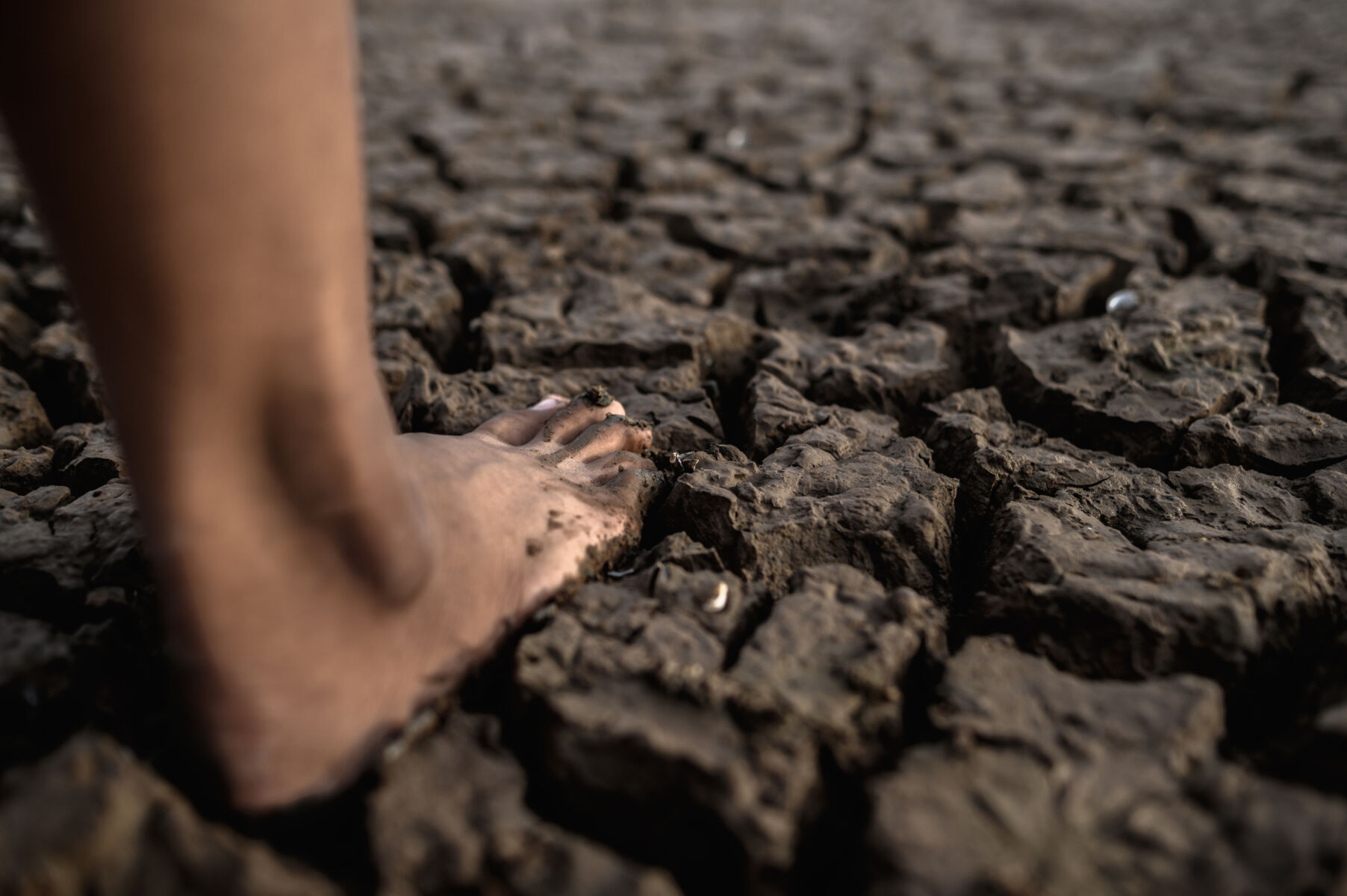Warning issued over ‘soil fever’ surge amid rainy season in Nakhon Ratchasima

Health authorities in Nakhon Ratchasima have issued a warning over cases of melioidosis, commonly known as ‘soil fever.’ The lethal and infectious disease is mostly found in soil, paddy fields, farmlands, vegetable plots, rubber plantations, and ponds.
It typically affects those who come into direct contact with contaminated water and soil. People residing in flooded areas and those involved in farming occupations are advised not to walk barefoot in water or soak in it for extended periods.
The alert against soil fever, triggered by the bacteria Burkholderia pseudomallei, particularly stands pertinent during the rainy season. The high moisture levels during these periods increase the risk of contamination from soil and standing water.
The prevention of soil fever necessitates the use of boots to avoid contact with moist soil and immediate, and thorough body washes with water and soap, especially after exposure to these environments. In case of ongoing fever for over five days, immediate medical attention is advised.
The bacteria can enter the body through three methods: Coming into contact with contaminated soil or water, consuming infected food or water, and inhaling dust from infected soil. People begin to experience symptoms one to 21 days after infection, but in some cases, this duration can extend over a year. Disease manifestation varies widely, and it often mimics other infections, starting primarily with a fever.
In Thailand, from January 1 to June 26, there were 1,688 registered patients, 21 of whom died, Khaosod reported. In health area 9, which includes Nakhon Ratchasima, there were 327 reported patients from January 1 to June 24, with one fatality in Nakhon Ratchasima.
The majority of the patients are farmers, comprising 54.74% of the total, followed by manual labourers at 23.55% and dependent children at 7.34%. The senior age group, those aged 65 years and above, had the highest infection rate per one hundred thousand population at 14.66, followed by the 55 to 64 age group with 11.4 per 100,000, and the 45 to 54 age group with 7.08 per 100,000.
In addition to these preventive measures, it is crucial to drink clean or boiled water. In case of sudden high fever, headache, and body aches, it is necessary to seek immediate medical attention, and the doctors should be informed about potential exposures in water-soaked environments.
More information can be obtained from the Disease Control Department hotline at 1422.
Latest Thailand News
Follow The Thaiger on Google News:


























